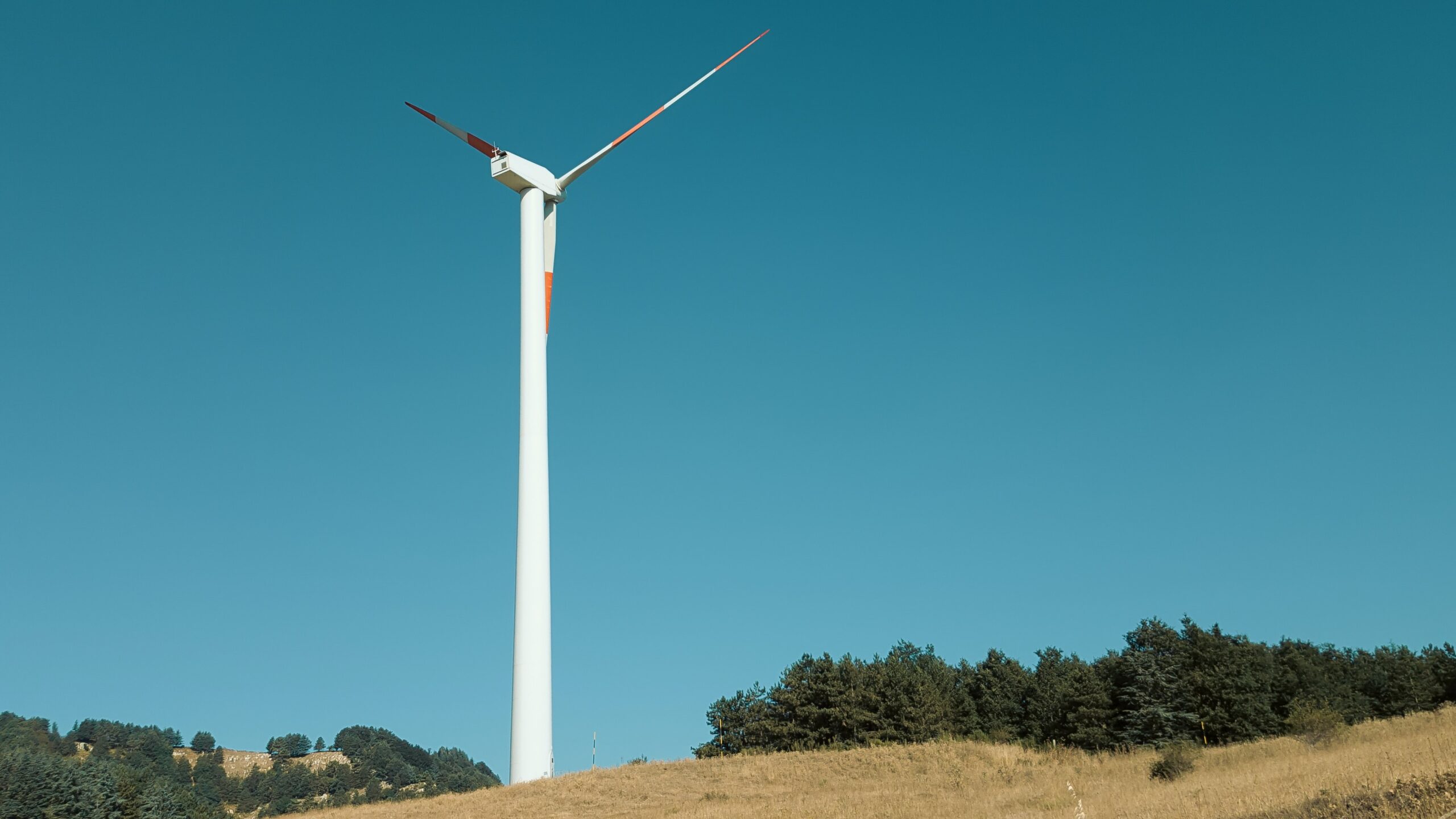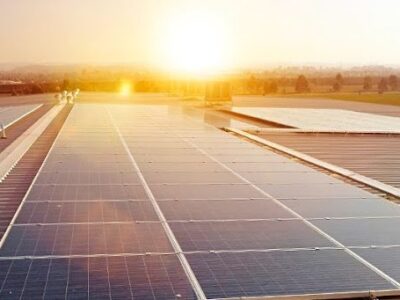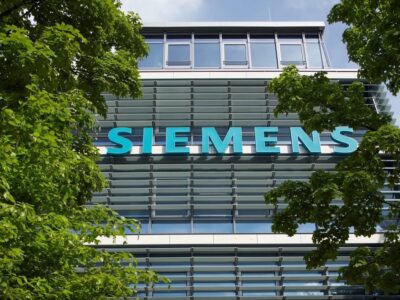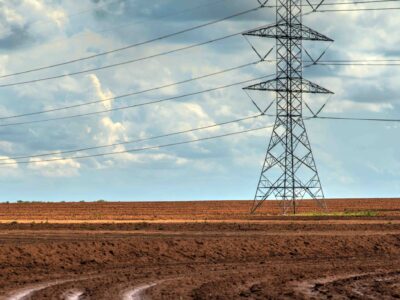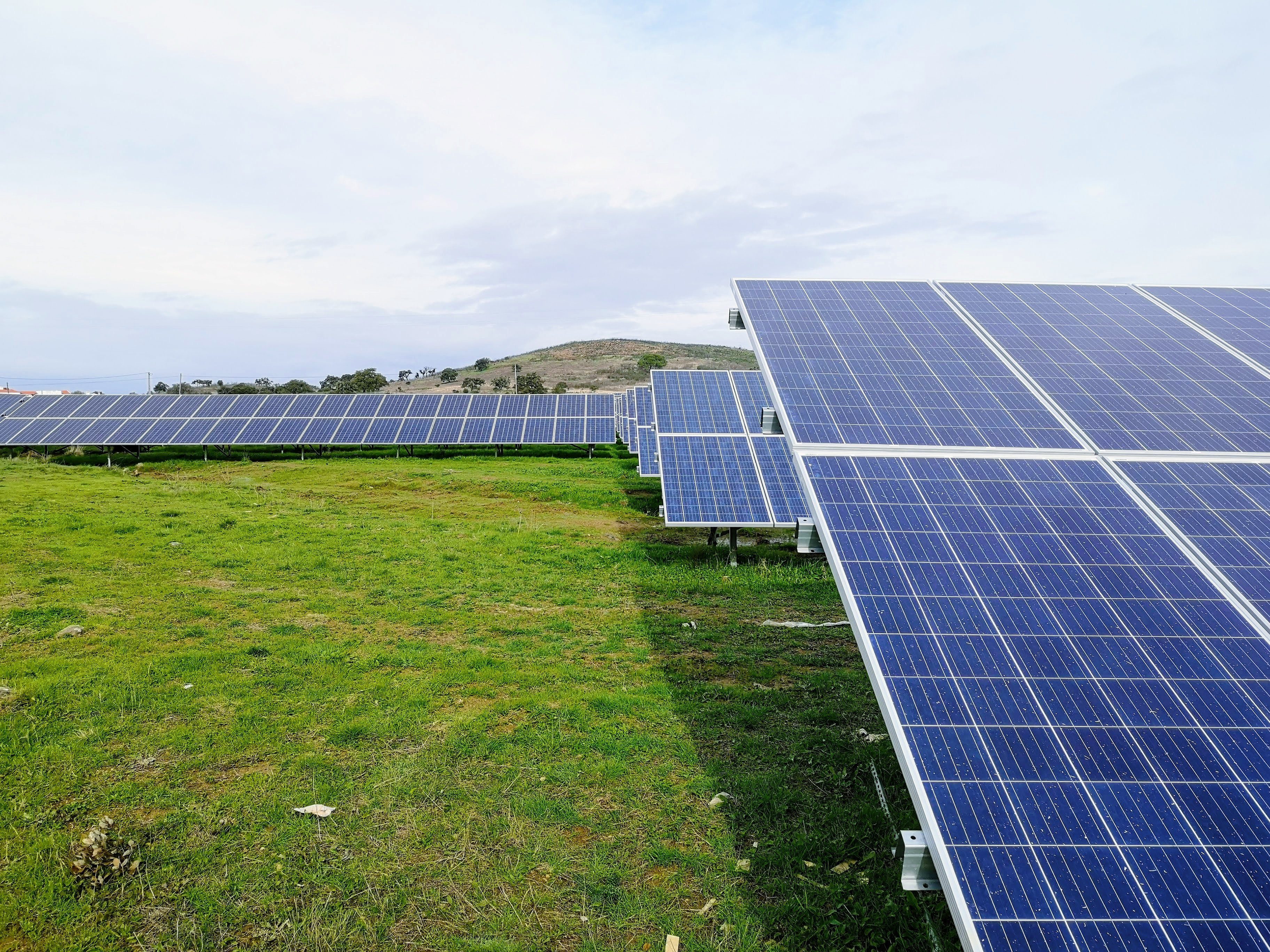
Before the COVID-19 crisis, clean energy jobs in Wisconsin were growing two times faster than other job sectors in the state, with two times more workers in clean energy than in fossil fuels.
The pandemic has impacted clean energy’s growth in the state with more than 11,000 energy workers applying for unemployment last year. But those workers could be the ticket to jumpstart a lagging post-pandemic economy.
As Sara Conzemius, co-founder of the clean energy consulting firm ILLUME Advising LLC, wrote in a recent op-ed piece: “Wisconsin must focus on clean energy jobs to meet our state’s climate goals and expand employment opportunities.”
Wisconsin’s transition to clean energy has been a steady progression over several years as the state works to source 100 percent of its energy from renewable sources by 2050. And across the Midwest, the clean energy sector saw consistent job growth year after year in the five years leading up to the pandemic.
According to Conzemius, “There is no tradeoff between a prosperous economy and addressing climate. There’s always this argument that if we [impose] environmental regulations for climate, it’s going to destroy the economy. But there are millions of jobs to be created in the clean energy economy.”
A number of organizations as well as the local government are working to kickstart the Wisconsin economy through clean energy initiatives. The Nature Conservancy–whose mission is to help smooth the transition to clean energy by ensuring businesses, residents and nonprofits are all represented–recently released a report that details the barriers Wisconsin faces in adopting clean energy as well as the opportunities for growth. According to the report, “Wisconsin’s economy will benefit from the transition [and] policy and regulation reform can accelerate adoption.”
Nonprofit organization RENEW Wisconsin has long been a champion of clean energy in the state and works on policies and programs that expand solar, wind, hydropower, geothermal energy, and the growth of electric vehicles. RENEW Wisconsin also outlined a summary of the clean energy provisions in Governor Evers’ 2021-2022 Executive Budget Bill proposed last month.
The provisions would fund a number of projects across the state including $100 million set aside to support state agencies and government buildings as they transition to renewable energy sources. The bill would also allow business development credits for businesses with energy efficiency or renewable energy projects (up to 25 percent of expenditures on real or personal property for such projects).
Clean energy advocates are confident that re-investment in what was once a fast-growing sector will boost the state’s economy. Micaela Preskill, a Midwest advocate for E2, a nonprofit group that works with clean energy investors, says programs focused on clean energy “can get the most people back to work over the most sectors in the least amount of time.”
Declining costs and growing consumer demand are two factors that led to the rise of clean energy in the first place. And according to the executive director of the Wisconsin Conservative Energy Forum, Scott Coenen, these factors should continue to drive growth in the post-pandemic economy.
“To me it makes sense to look at the industries of the future,” Coenen said. “To us renewables should be really front and center in that conversation.”

